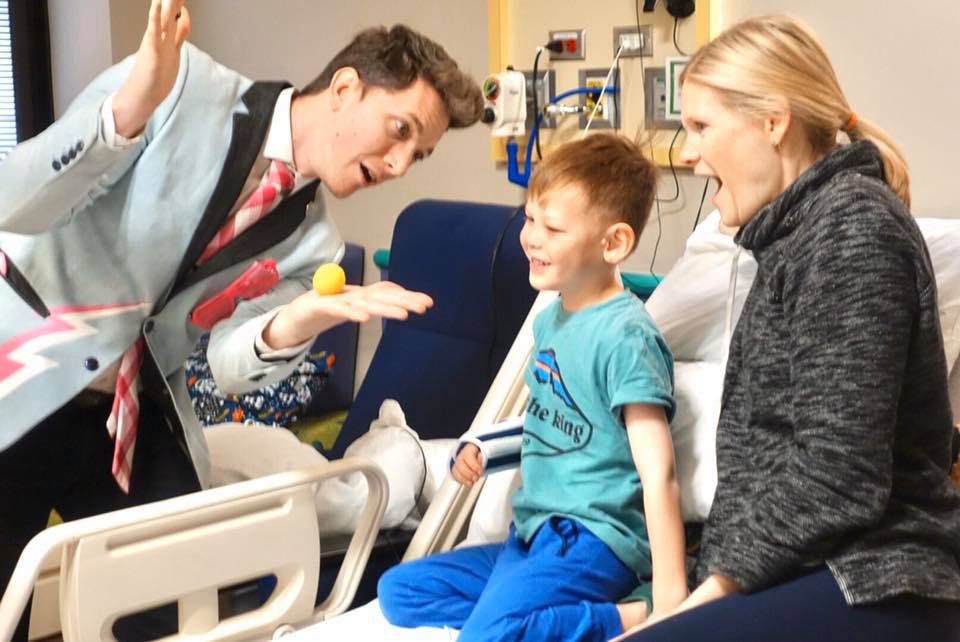For magicians, their fascinations with abracadabra and all things magic stem from a variety of channels.
Brian Bailey, the owner of Top Hat Magic and Fun Shop in Tulsa, has been into magic since 1978. He loved to watch his uncle perform magic tricks. Then, two local magic shop owners helped him learn enough magic to put a show together, and he’s been performing shows ever since. And Bailey’s business keeps the hocus pocus going by offering a “variety of theatrical makeup, hats, wigs, costume accessories, novelties, gags and a huge variety of magic tricks to buy or rent,” according to the website. Top Hat also gives magic lessons.
Cassidy Smith is president of the OKC Magic Club, which brings together amateur and semi-pro magicians in a chapter of the International Brotherhood of Magicians.
Smith says the members “show, learn and teach each other magic tricks. And they’re also some of my very best friends.”
A part-time professional magician, Smith says that she caught the magic bug by seeing famed pro Lance Burton on television “and wanting to be that cool and elegant.”
Joe Coover owns Funky Monkey Magic in OKC and was drawn to magic, like many, as a child.
“I saw magicians as a kid and I fell in love,” he says. “I taught myself the tricks by going to the public library and reading all the books they had. By the time I was 16, I started winning competitions. In some ways, I invented things on my own because I taught myself.”
Coover, who teaches magic summer camps and performs at corporate and family events, says that at only eighteen, “I knew I wanted to teach magic. This is an art I love. Nine years ago I started teaching magic; I developed a curriculum that I’ve shared globally. Now a group has developed globally, that’s like a coop of magicians.
“We work very closely together, like a big family. And we use magic to help kids develop life skills that would translate into any job – such as respect, being prepared, enthusiasm, confidence, being humble and authentic, creativity and giving. I want to see as much diversity in the magic field as I see when I go to the grocery store. I have 60% girls in my magic classes, whether online during the pandemic, or five years of in-person classes. We need to be role models and create role models.”


























